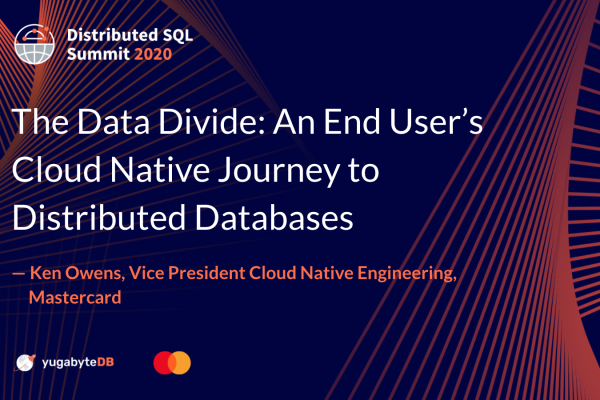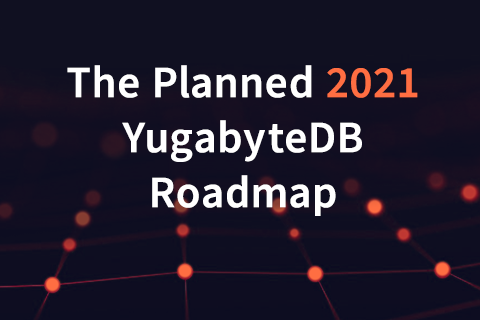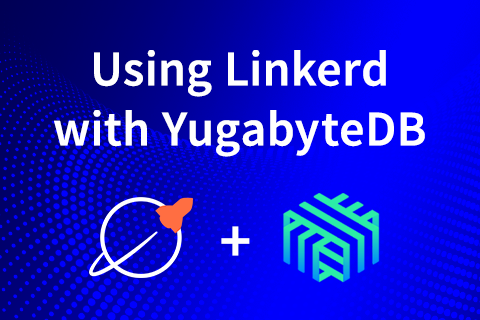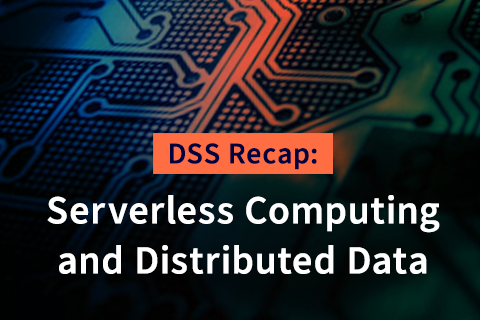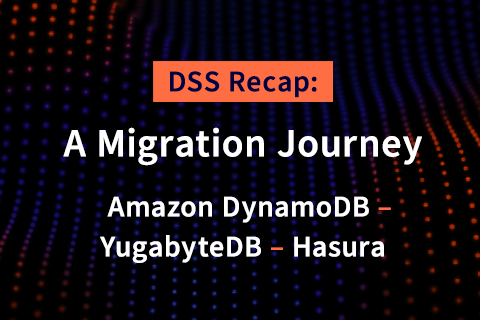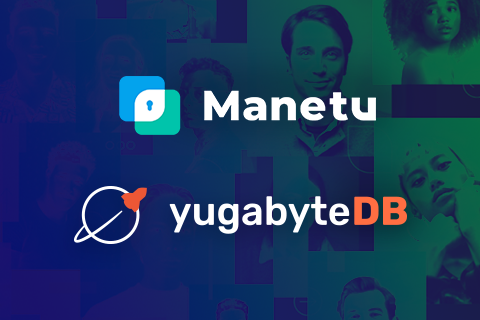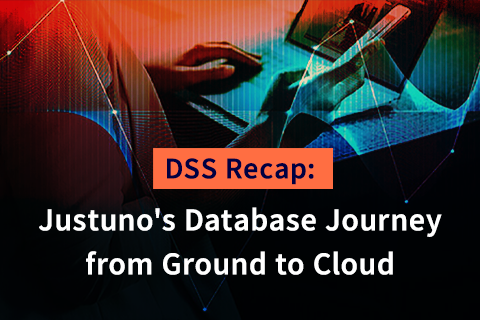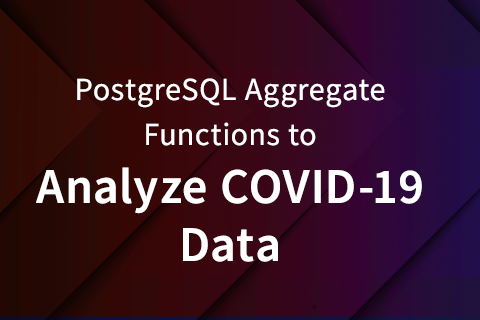Wrapping Up 2020 at Yugabyte
2020 has been quite an unusual year. Many aspects of business and life have been radically transformed. Words can’t fully express the suffering experienced this year as individuals, families, societies, and as a global community. But simply put – 2020 was challenging and hard. We wish everyone a kind and gentle new year ahead.
As we eagerly welcome 2021, we also wanted to take a moment to wrap up 2020 at Yugabyte. Amid all the tough spots,
…

